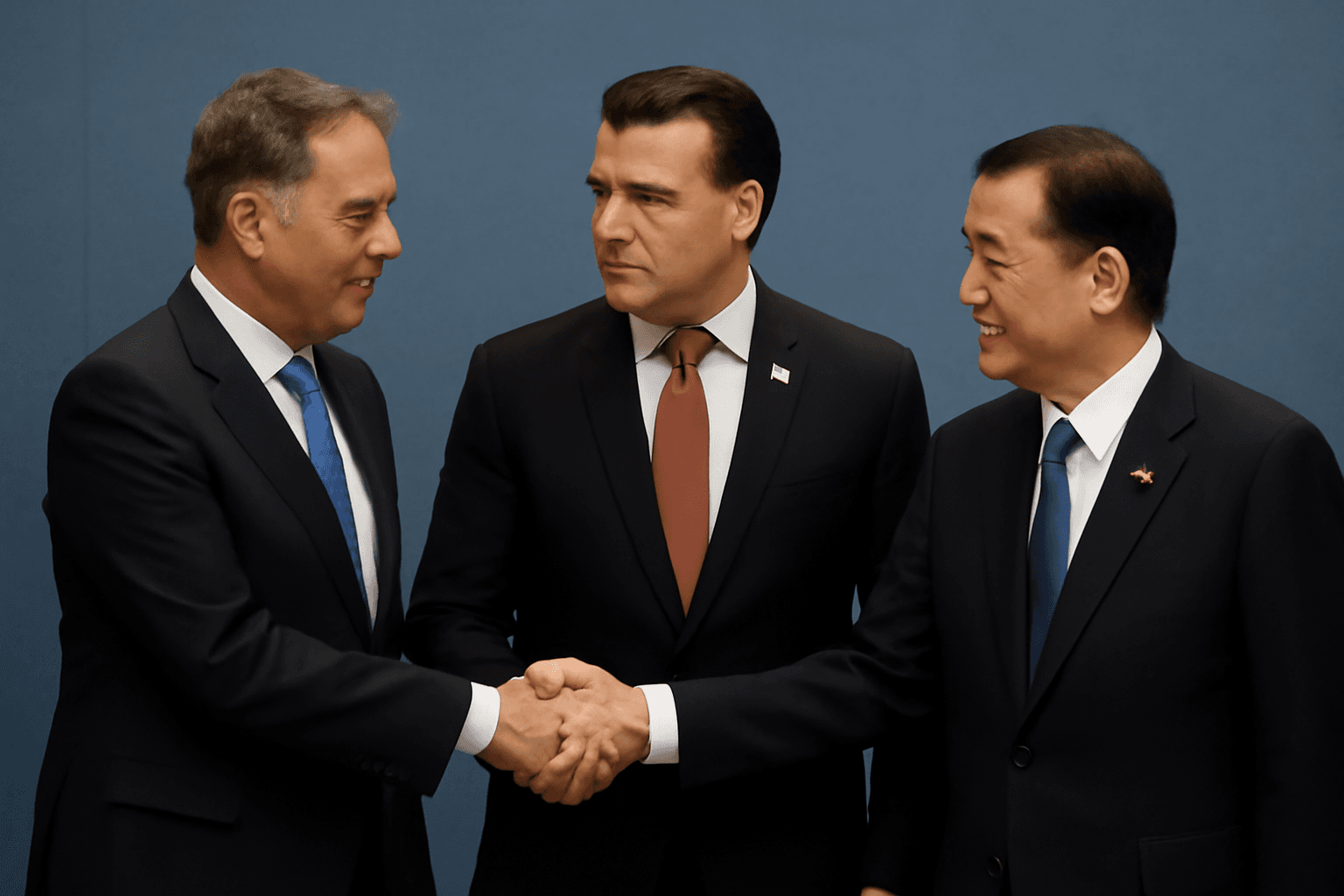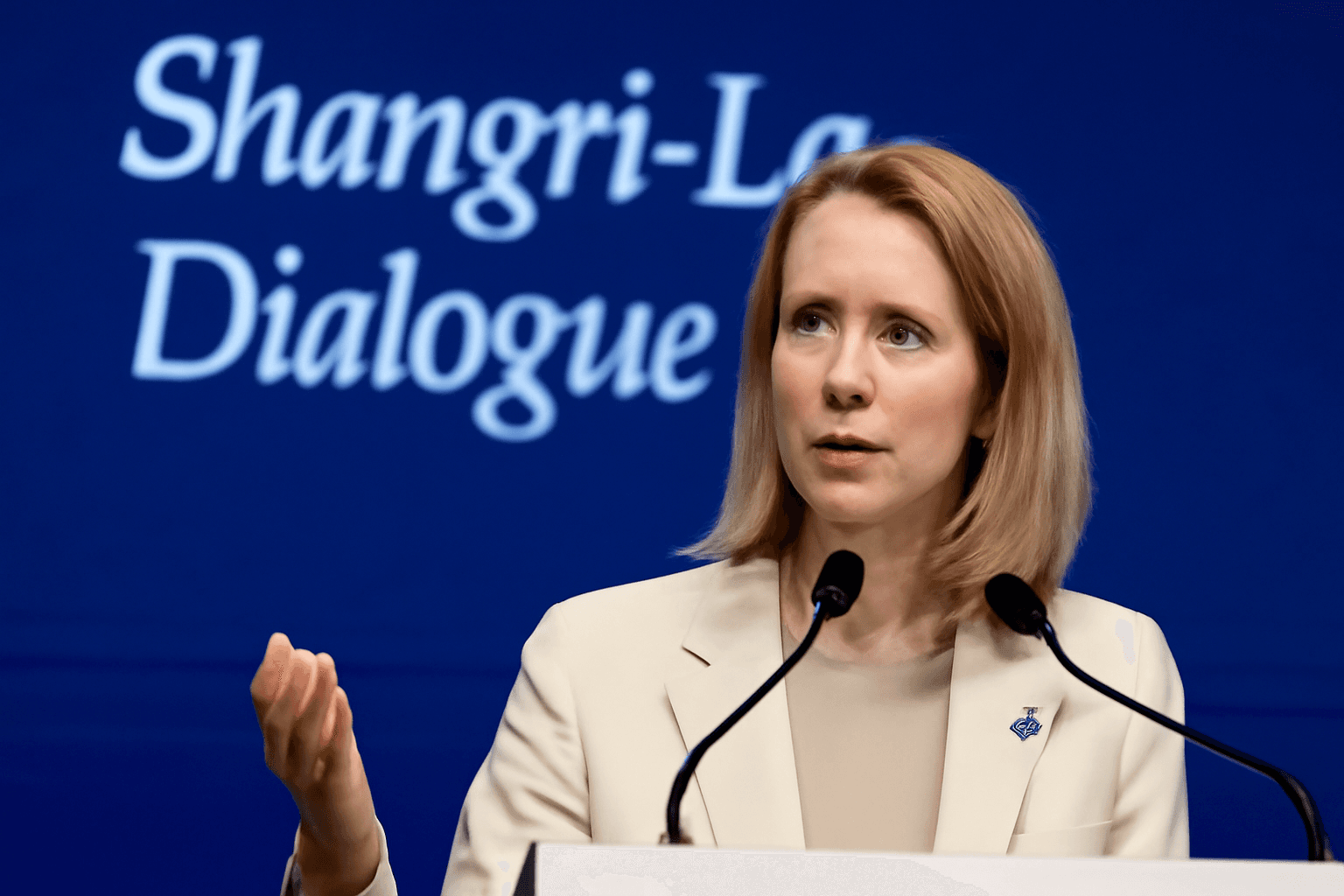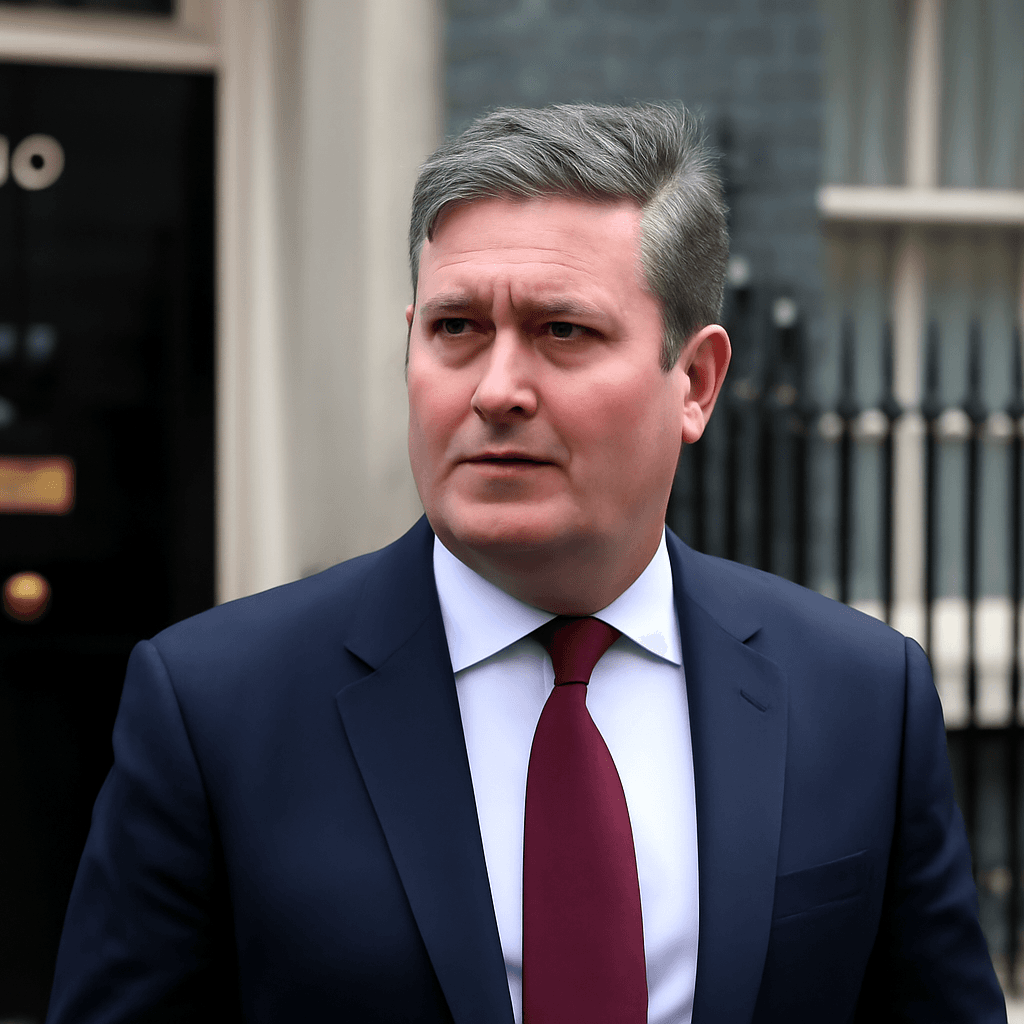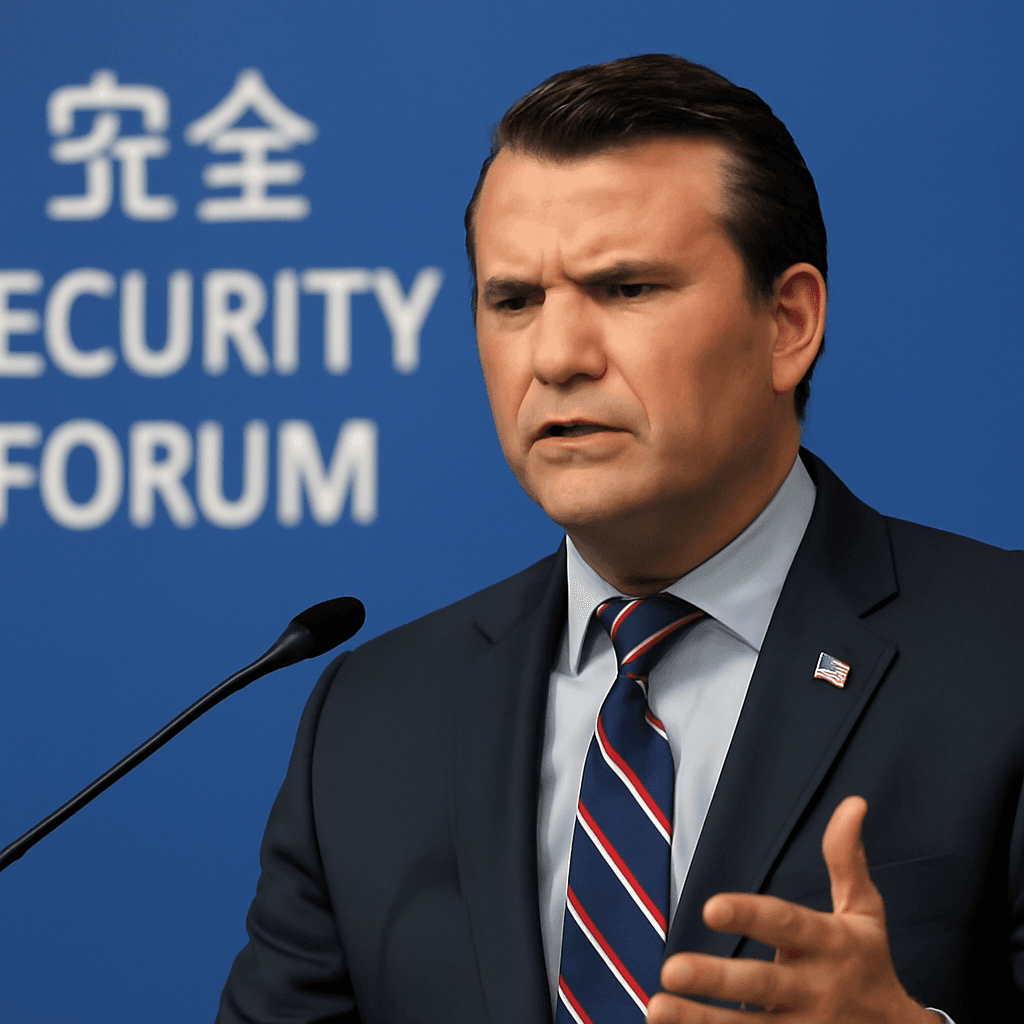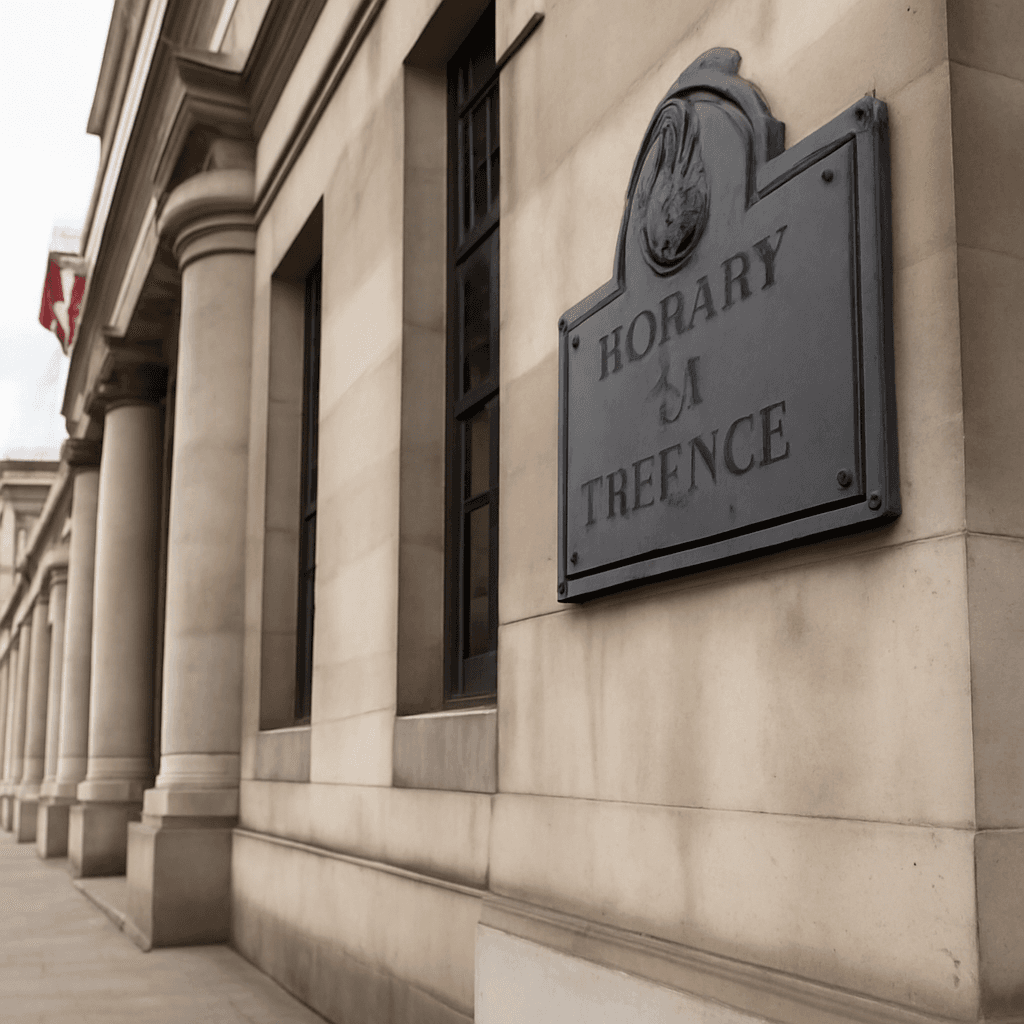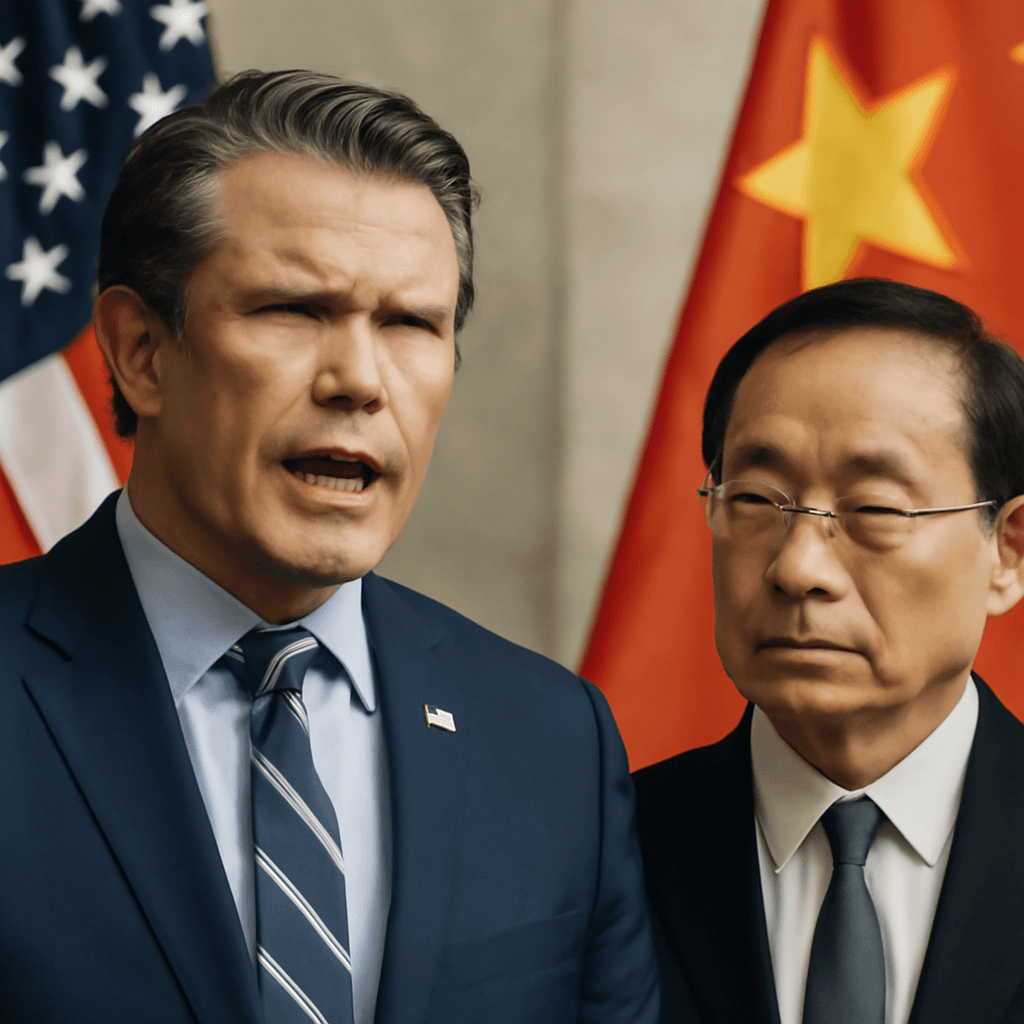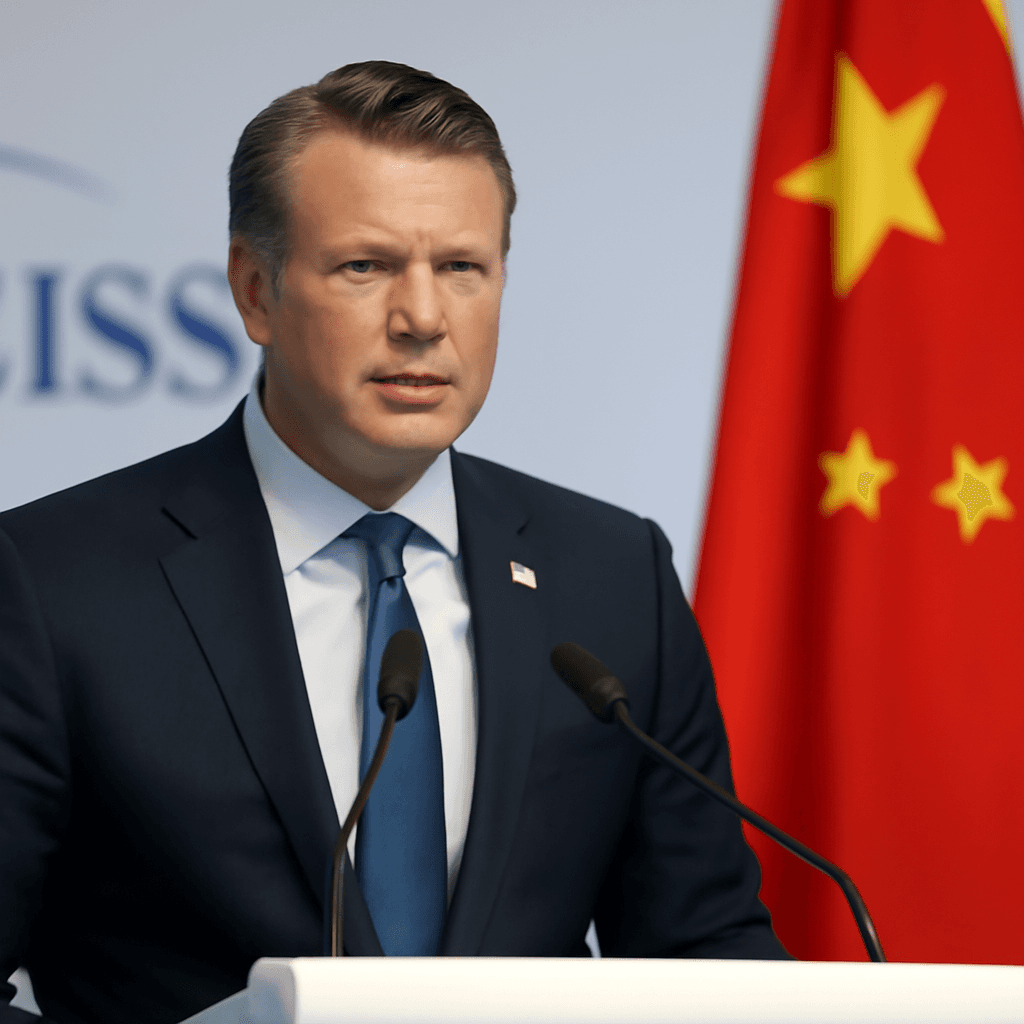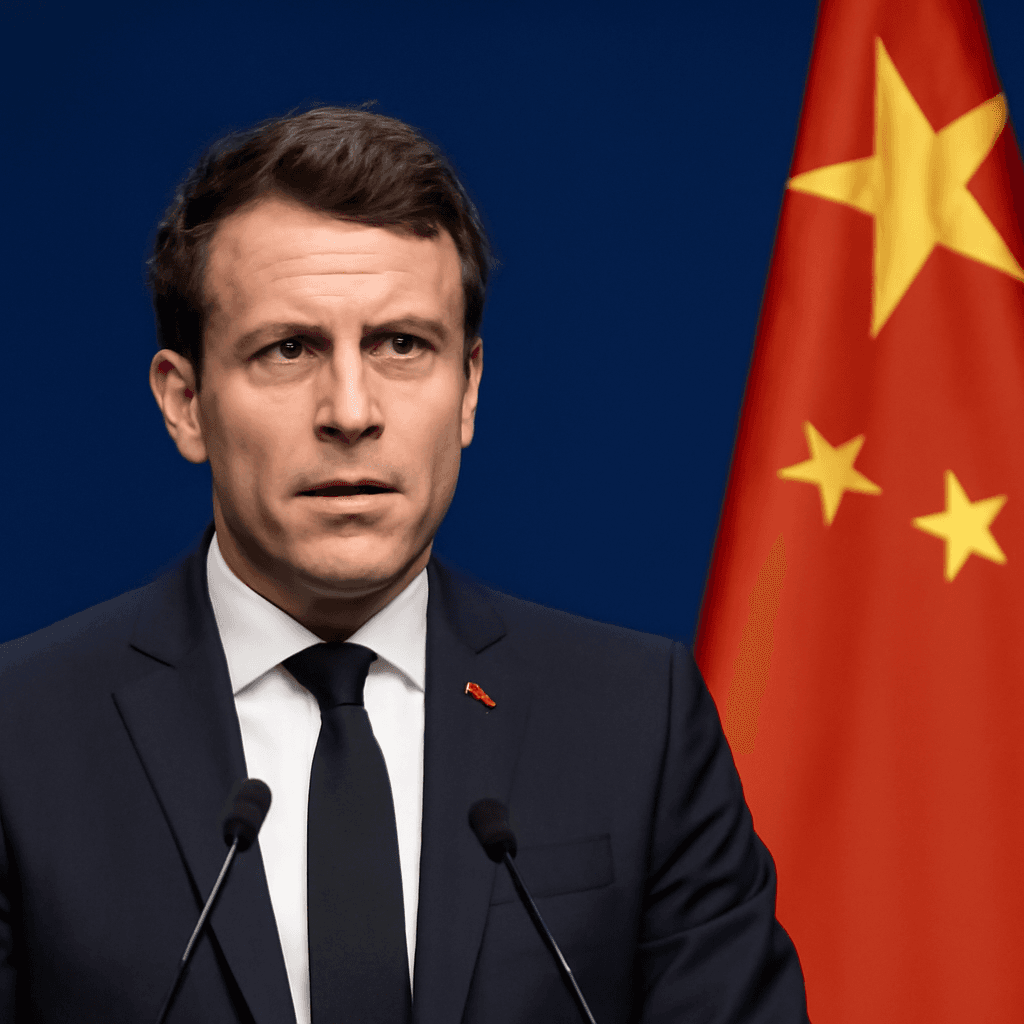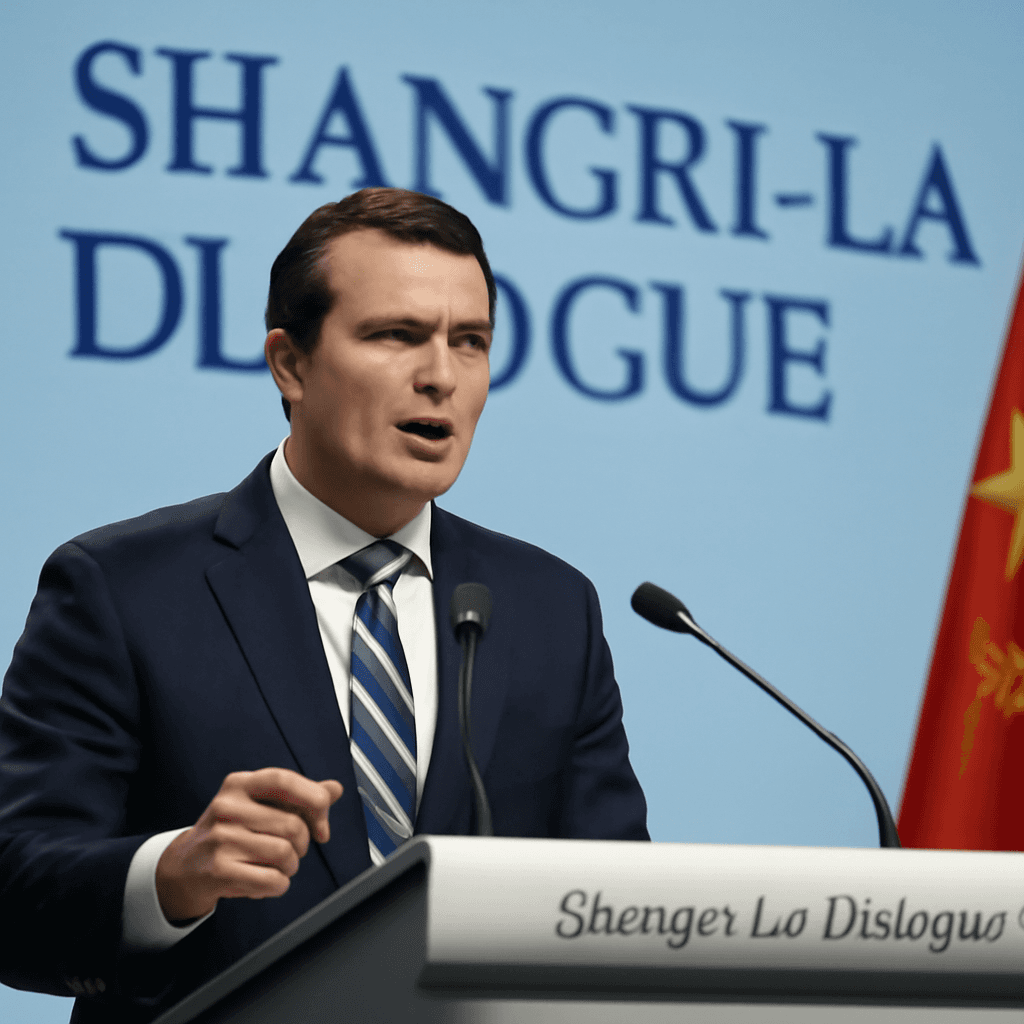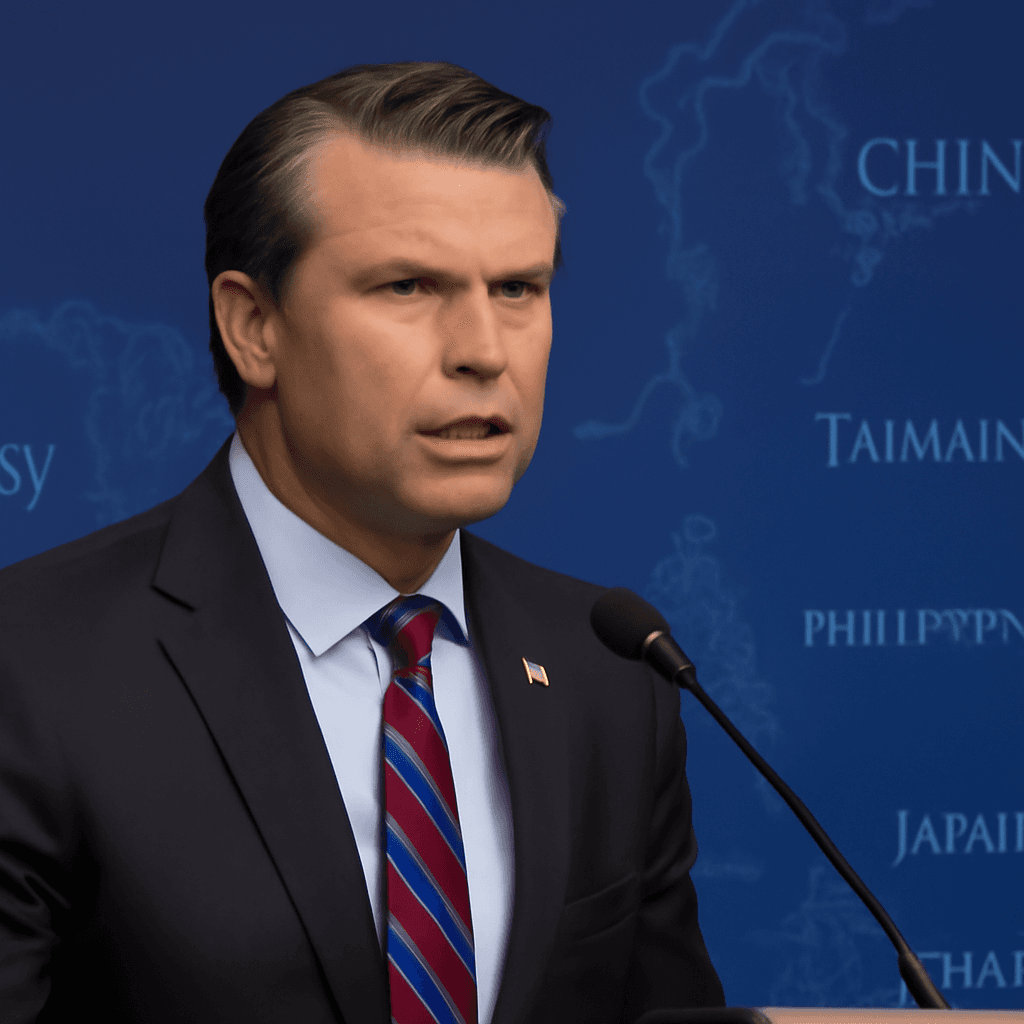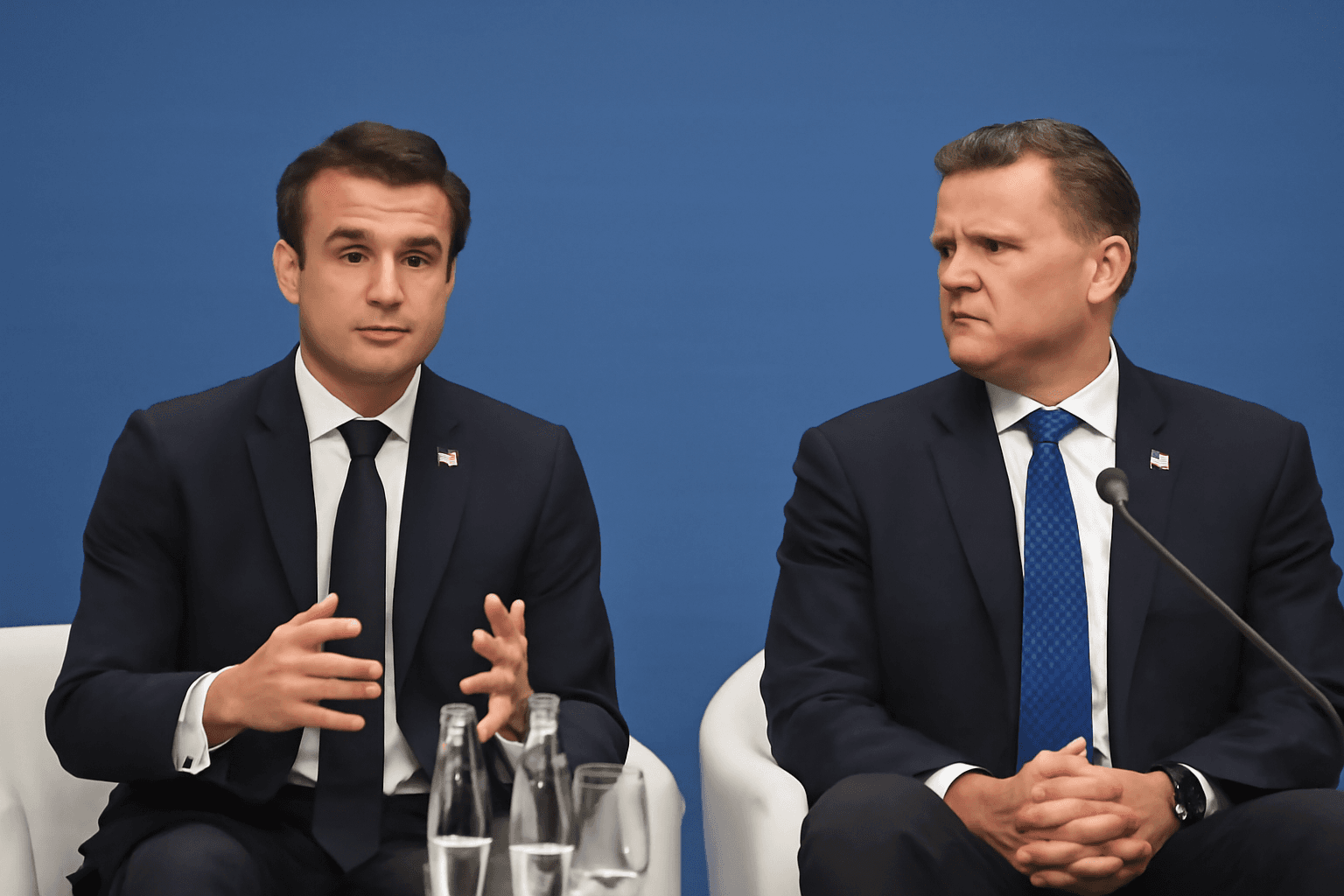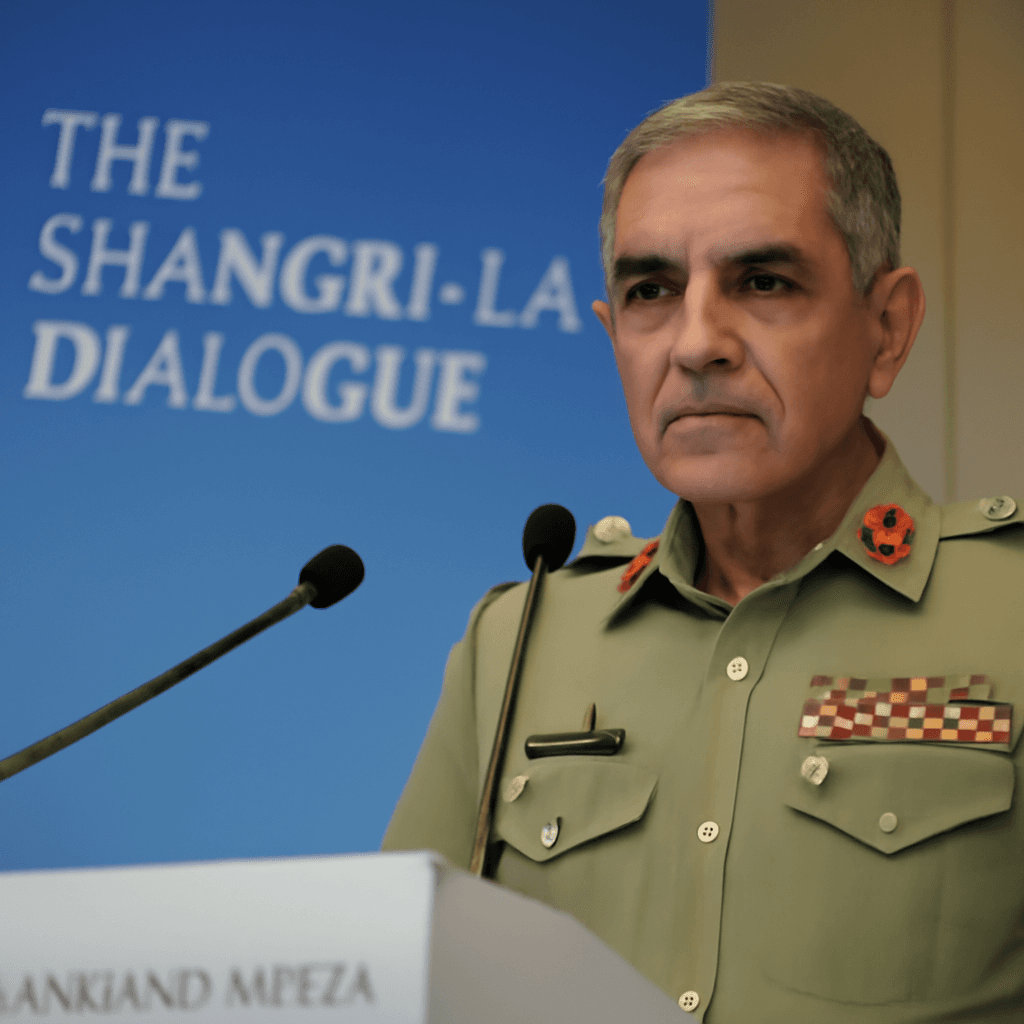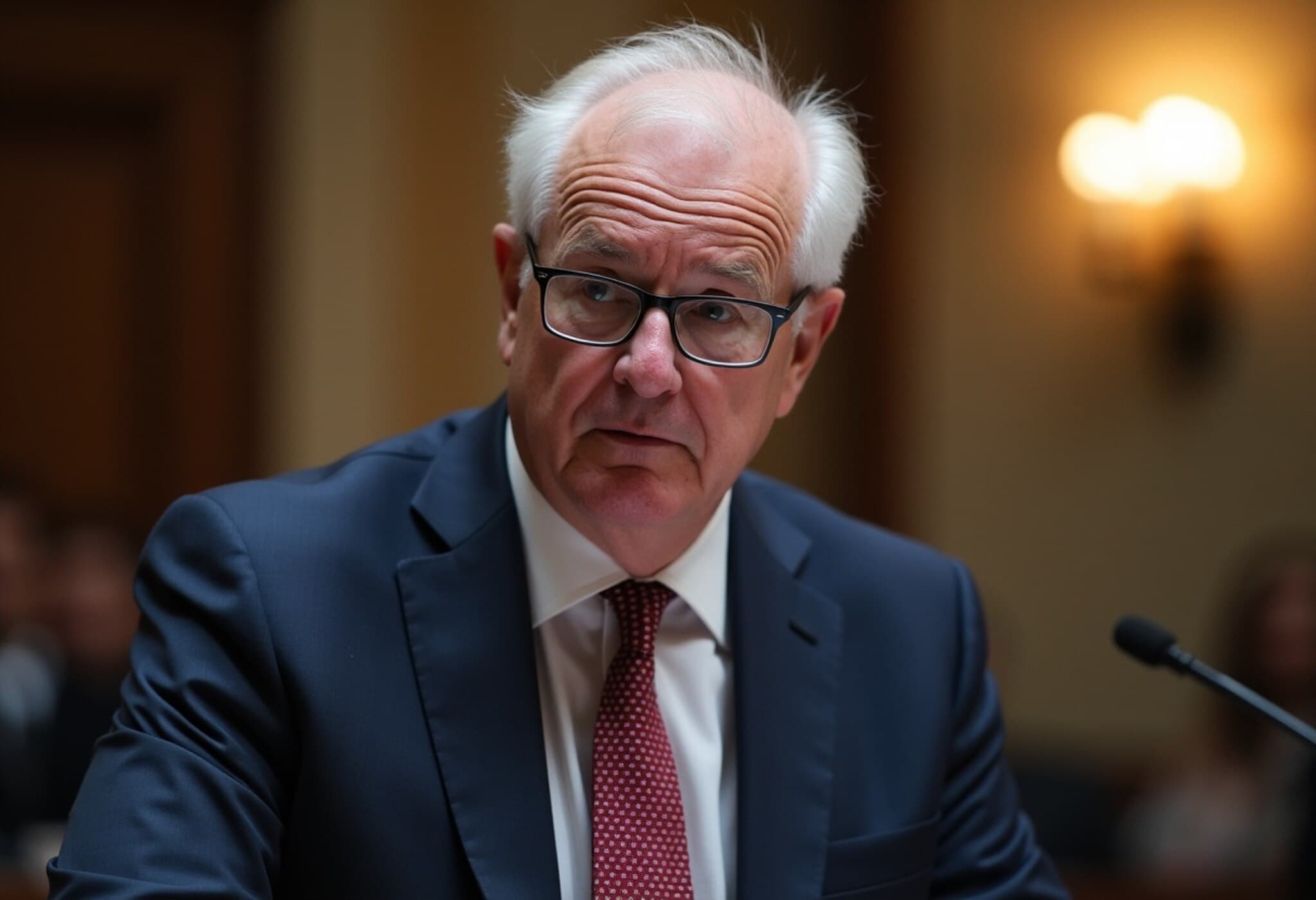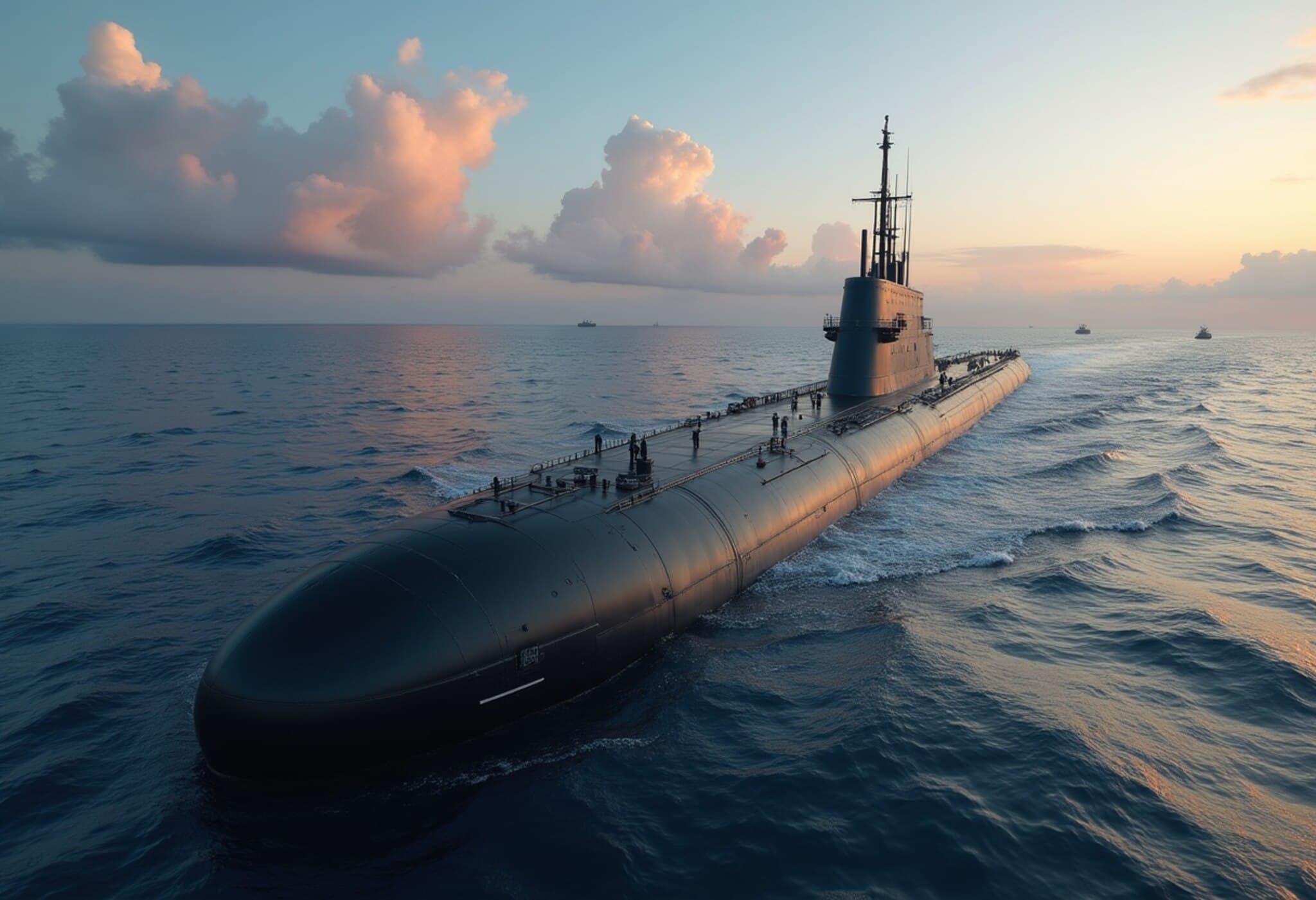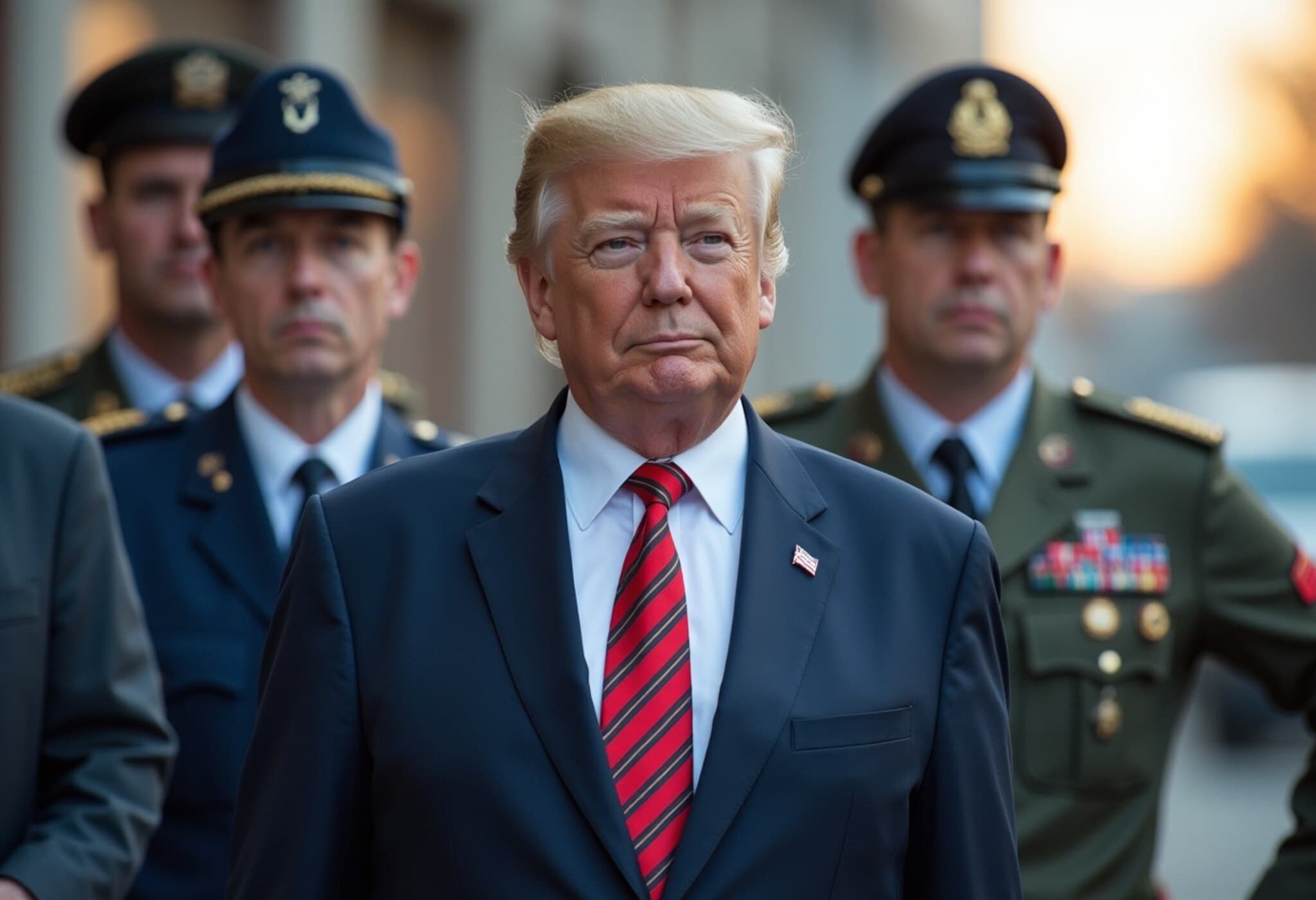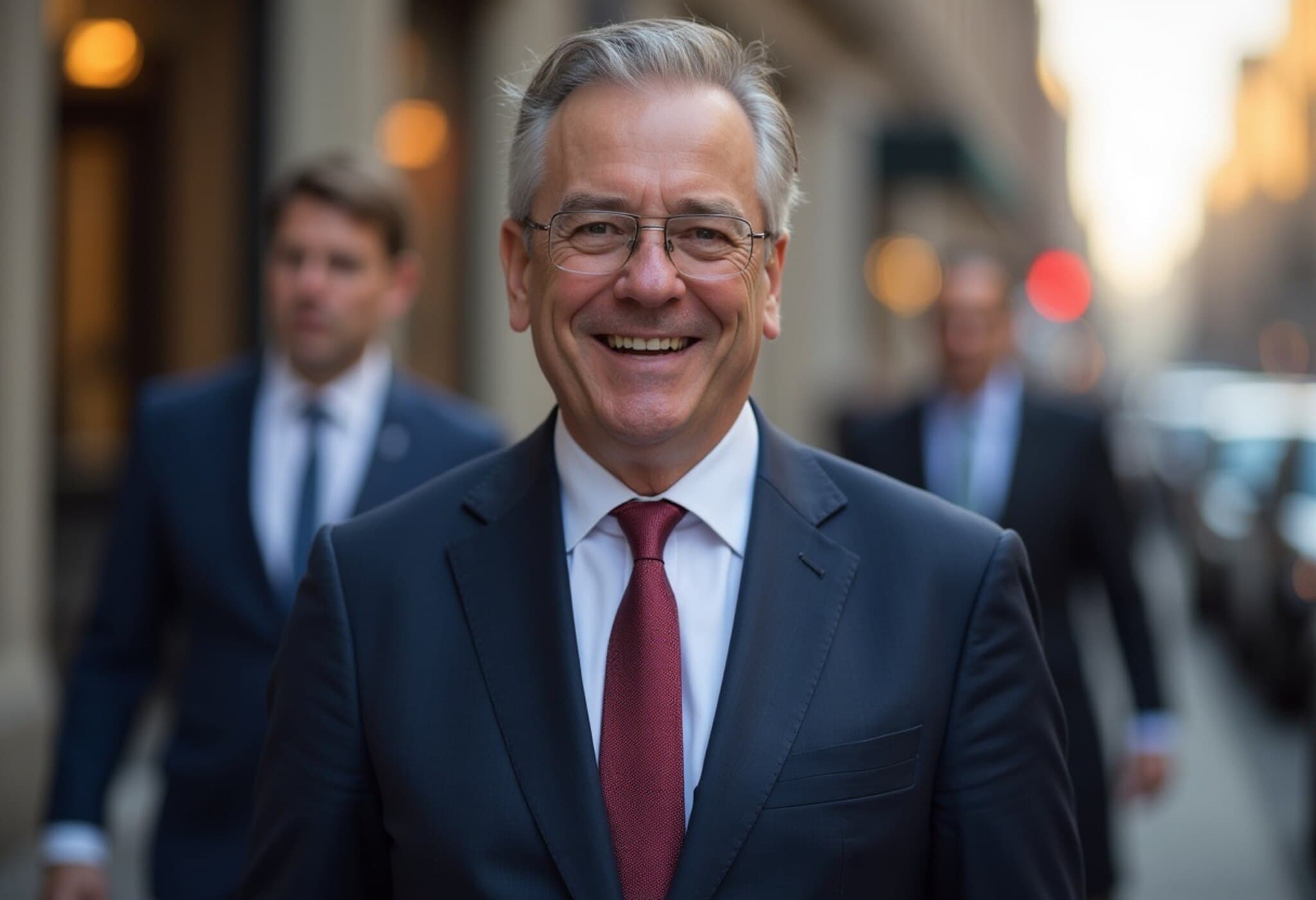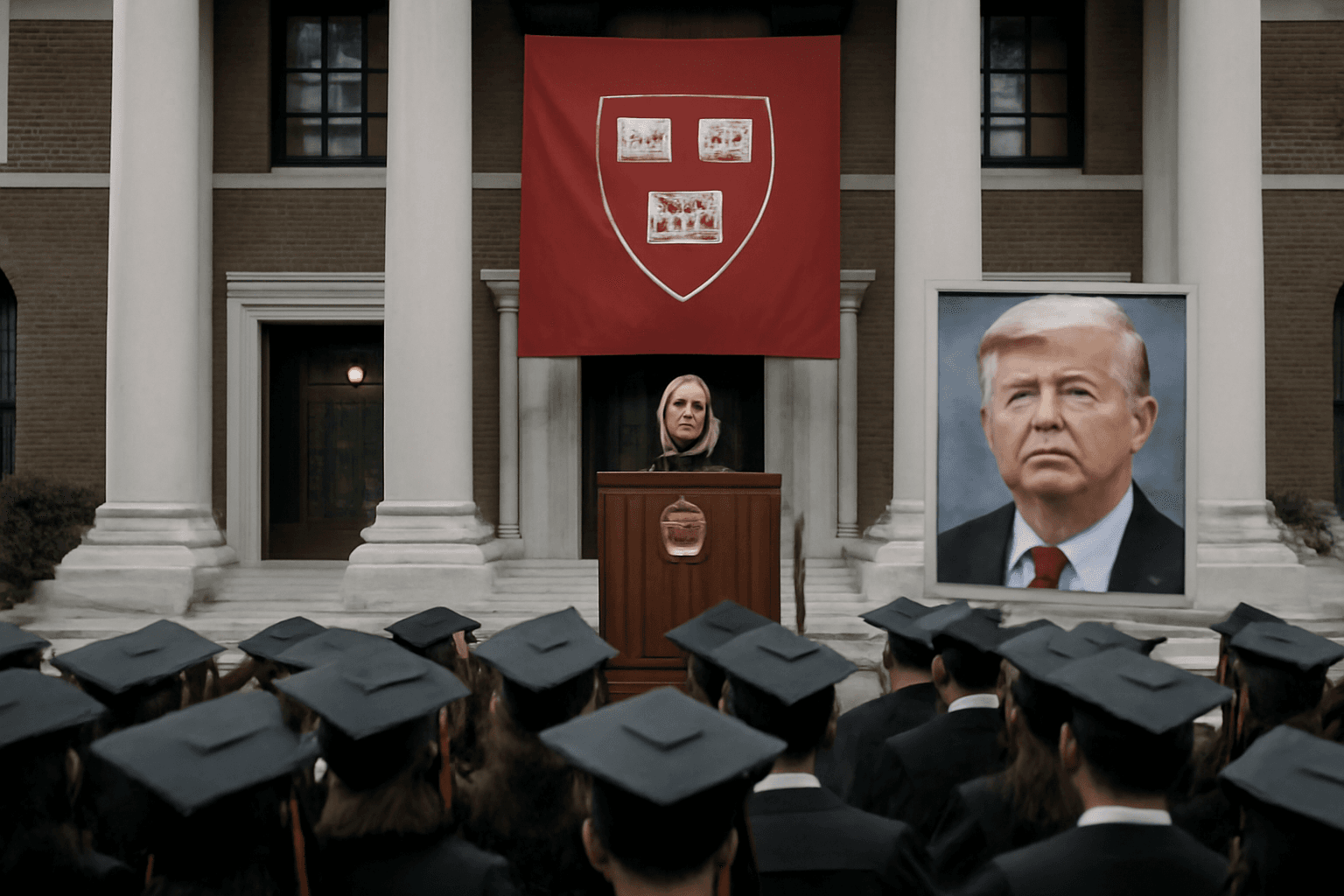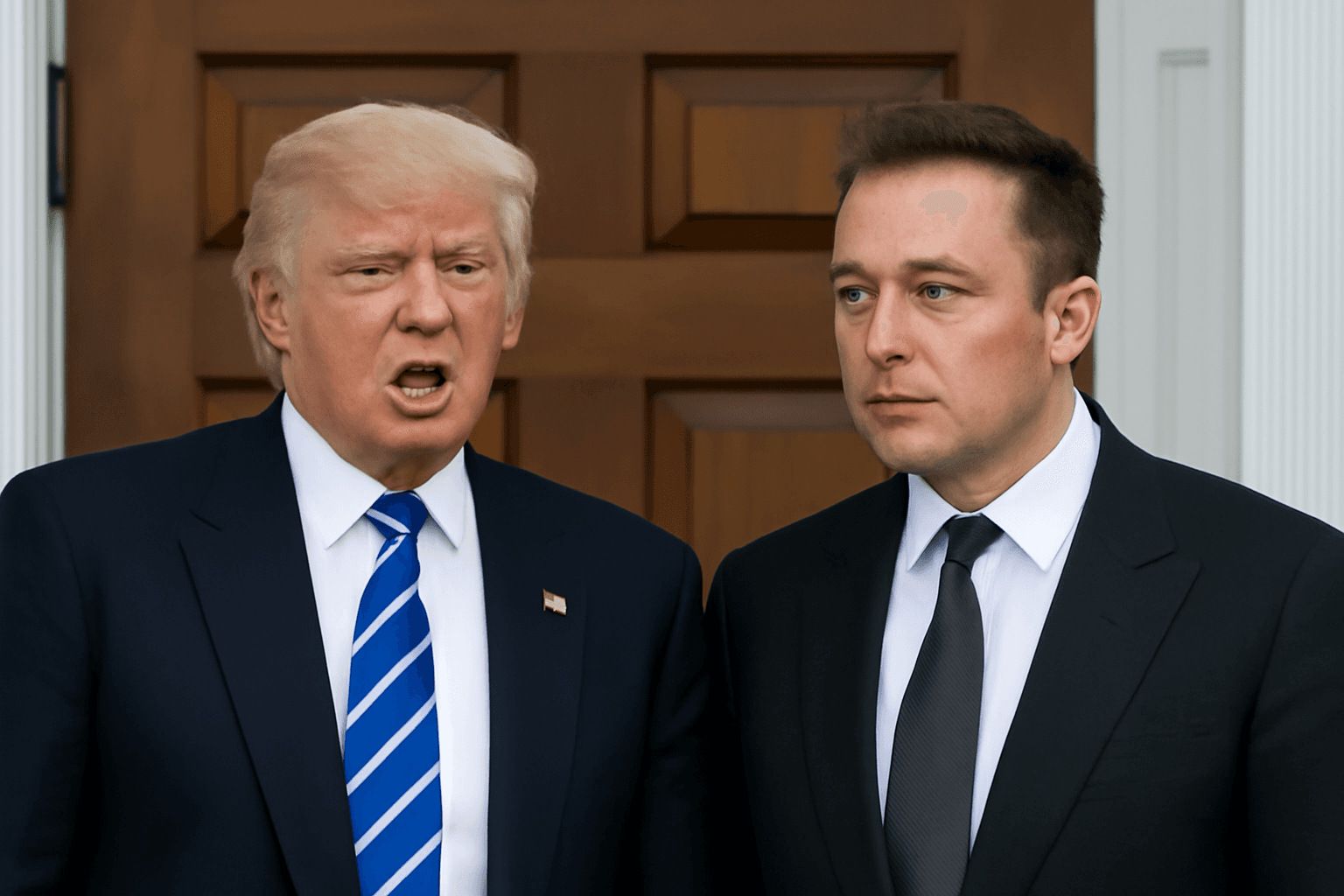Australia’s Defence Minister Richard Marles is scheduled to meet with his counterparts from the United States and Japan during the Shangri-La Dialogue in Singapore from May 30 to June 1. This meeting marks the first trilateral defence talks among the three nations since President Donald Trump returned to office.
The high-level discussions will include US Secretary of Defense Pete Hegseth and Japan’s Defence Minister Gen Nakatani. Marles’ office confirmed the meeting on May 29, highlighting its significance amid evolving regional security dynamics.
This will be Marles’ first international visit following the Australian Labor Party’s recent election victory, which secured an increased majority.
Focus on Regional Security Cooperation
The trilateral talks will focus on enhancing security cooperation in the Indo-Pacific region, emphasizing joint military exercises and intelligence sharing. These discussions come at a pivotal time as regional tensions continue to rise.
AUKUS Submarine Deal Under Scrutiny
Amid the discussions, the AUKUS security pact between Australia, the US, and the UK will be a primary agenda item. Australia is preparing to make a $2 billion payment to support the US submarine industrial base under this pact. Previously, Marles discussed this deal with Hegseth in Washington.
The AUKUS agreement involves Australia acquiring US-built Virginia-class submarines and developing a new fleet with the United Kingdom. However, production delays in the US have raised concerns about delivery timelines. Current projections estimate the arrival of Virginia-class submarines by 2032, with Australian-built nuclear-powered submarines expected around 2040.
Defense Spending and Strategic Commitments
The Trump administration urged Australia to increase its defense spending to 3% of GDP. In response, Prime Minister Anthony Albanese announced plans to raise Australia’s defense budget to 2.4%, prioritizing capability development and reinforcing regional alliances.
Minister Marles emphasized the government’s commitment to strengthening global defence relations and deepening partnerships across the Indo-Pacific region.
Senior defence analyst Euan Graham of the Australian Strategic Policy Institute noted that Marles aims to reassure allies regarding Australia’s military readiness for regional crises. He also highlighted the necessity of Australia supporting US nuclear deterrence efforts alongside its acquisition of conventionally armed submarines, stating, "Conventional deterrence has to join up with nuclear deterrence to be credible."
Heightened Tensions with China
China has criticized the AUKUS pact, alleging it undermines nuclear non-proliferation efforts. Australia has countered these claims by confirming that its submarines will not carry nuclear weapons and conform with international regulations.
The Shangri-La Dialogue will convene defence ministers, senior military officials, and diplomats worldwide. Marles is scheduled to deliver a keynote speech on Saturday, addressing the increasing strategic challenges in the Indo-Pacific.
(With inputs from Reuters)

